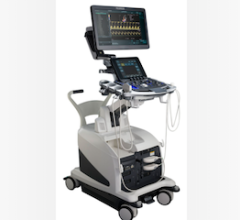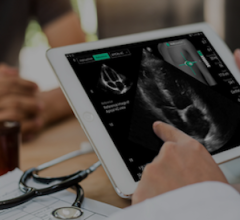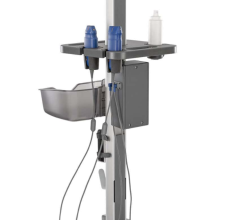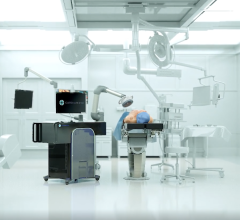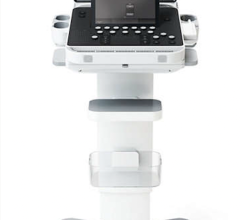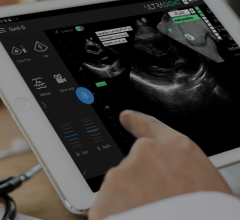
July 20, 2016 — A novel study has found a simple pre-operative echocardiographic measurement of the amount of torsion of the heart predicted outcomes of mitral valve surgery in some heart failure patients. The study was published in JACC: Basic to Translational Science.
The selection of appropriate candidates for mitral surgery among symptomatic patients with nonischemic, chronic secondary severe mitral regurgitation (NICSMR) can be challenging. This study demonstrates that assessment of left ventricular torsion — a twisting motion — may be useful for the prediction of post-mitral surgery outcomes in some patients.
Researchers examined 50 consecutive symptomatic NICSMR patients for a median follow-up of 2.5 years after mitral surgery. All patients had advanced heart failure symptoms and had already received the maximum guideline-directed medical therapy for more than six months. Baseline left ventricular size, shape and mass tended to be larger and more spherical in those who died, but not significantly so, while left ventricular torsion was higher in survivors. Patients were divided into three groups: preserved left ventricular torsion, lost left ventricular torsion, or patients with a wide QRS measurement who received cardiac resynchronization therapy.
Patients received either mitral valve repair or mitral valve replacement. Two years after surgery, 19 patients had died. Researchers determined that in patients with NICSMR and a narrow QRS width, preserved left ventricular torsion may be a better predictor of post-mitral surgery survival, while conversely, lost left ventricular torsion may lead to a poor post-surgical outcome. The post-surgical survival results were intermediate in patients with a wide QRS. Patients who received cardiac resynchronization therapy prior to mitral surgery showed significantly worse two-year survival than those who received the procedure during mitral surgery. However, the two groups had similar left ventricular torsion.
“These findings show that lost left ventricular torsion and previously administered cardiac resynchronization therapy appear to be markers of poor survival after mitral surgery in patients with NICSMR,” said Yuichi Notomi, M.D., from the division of cardiovascular imaging, department of cardiology at The Hayama Heart Center in Kanagawa, Japan, and the lead author of the study. “We also found that reverse remodeling was only observed in patients with preserved left ventricular torsion, demonstrating that lost left ventricular torsion and wide QRS were markers of no reverse remodeling viability.”
This study demonstrates that for patients with left-ventricular torsion and a narrow QRS measurement, mitral surgery is an acceptable option and that left ventricular torsion can help to predict post-mitral surgery outcomes in patients with a narrow QRS but not in those with a wide QRS.
“Mechanistically, this study suggests that the loss of torsion in patients with heart failure may reflect irreversible structural damage to the heart which would prevent the heart from recovering after corrective surgery,” said Douglas L. Mann, M.D., FACC, editor-in-chief of JACC: Basic to Translational Science. “If correct, this will have much broader implications than improvement after mitral valve surgery since it may predict which patients with heart failure may get better on medications.”
Mann added that these findings will need confirmation as the analysis was retrospective and took place in a small number of patients.
For more information: www.basictranslational.onlinejacc.org

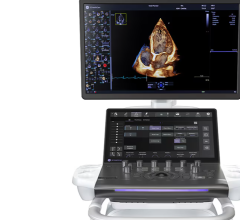
 October 09, 2025
October 09, 2025 


